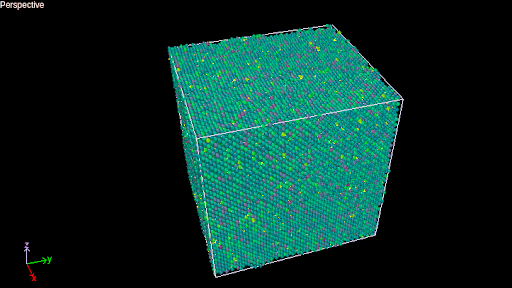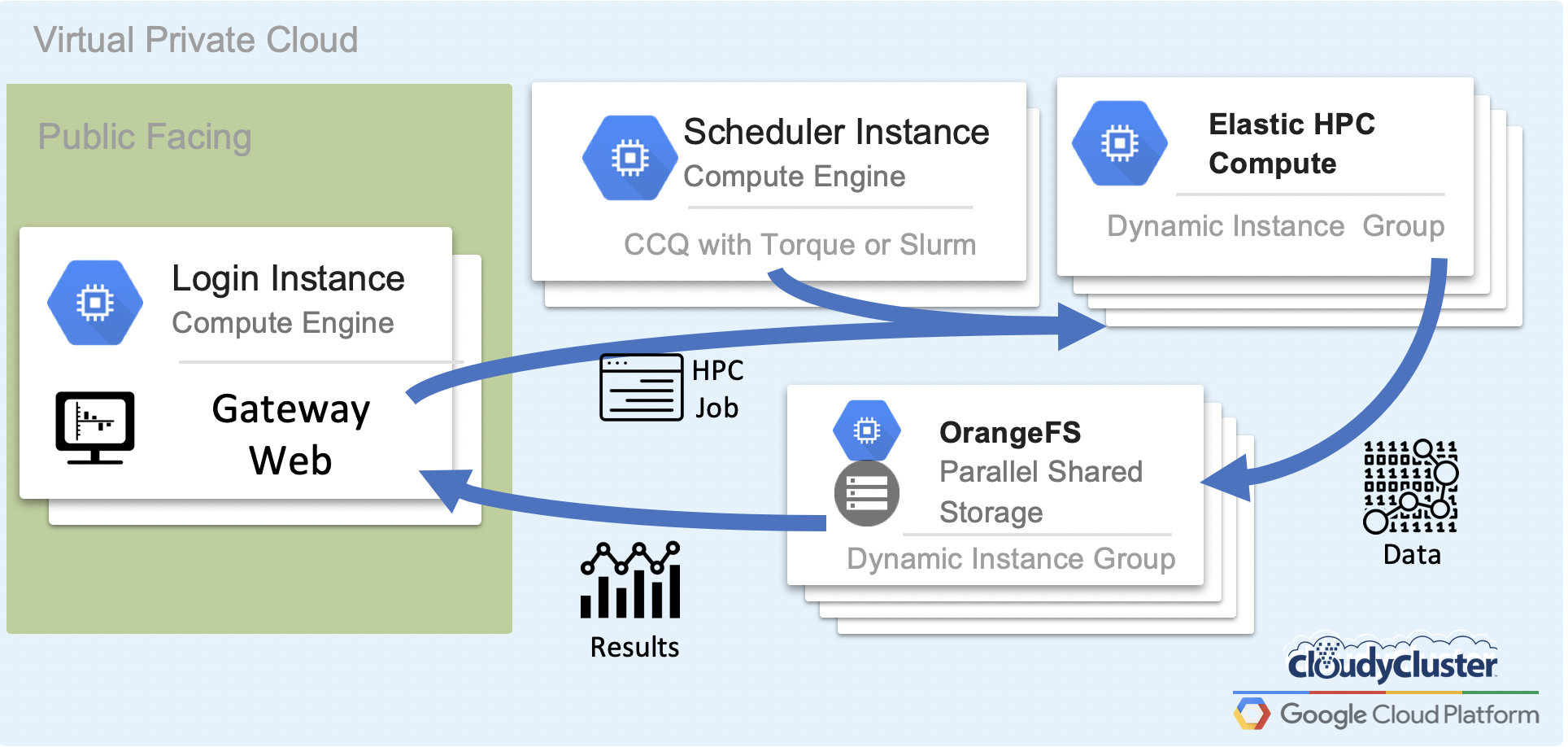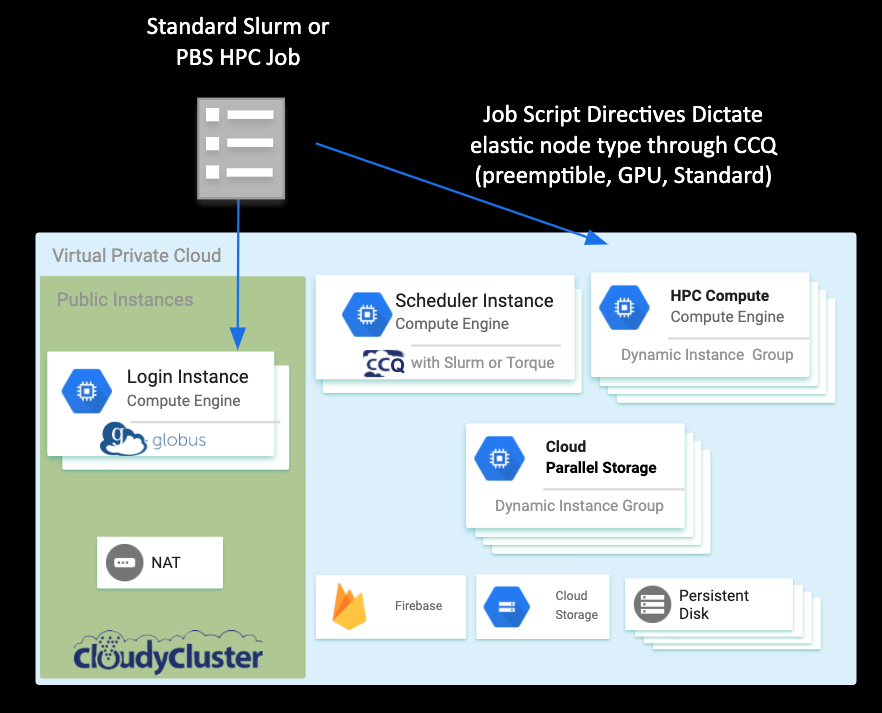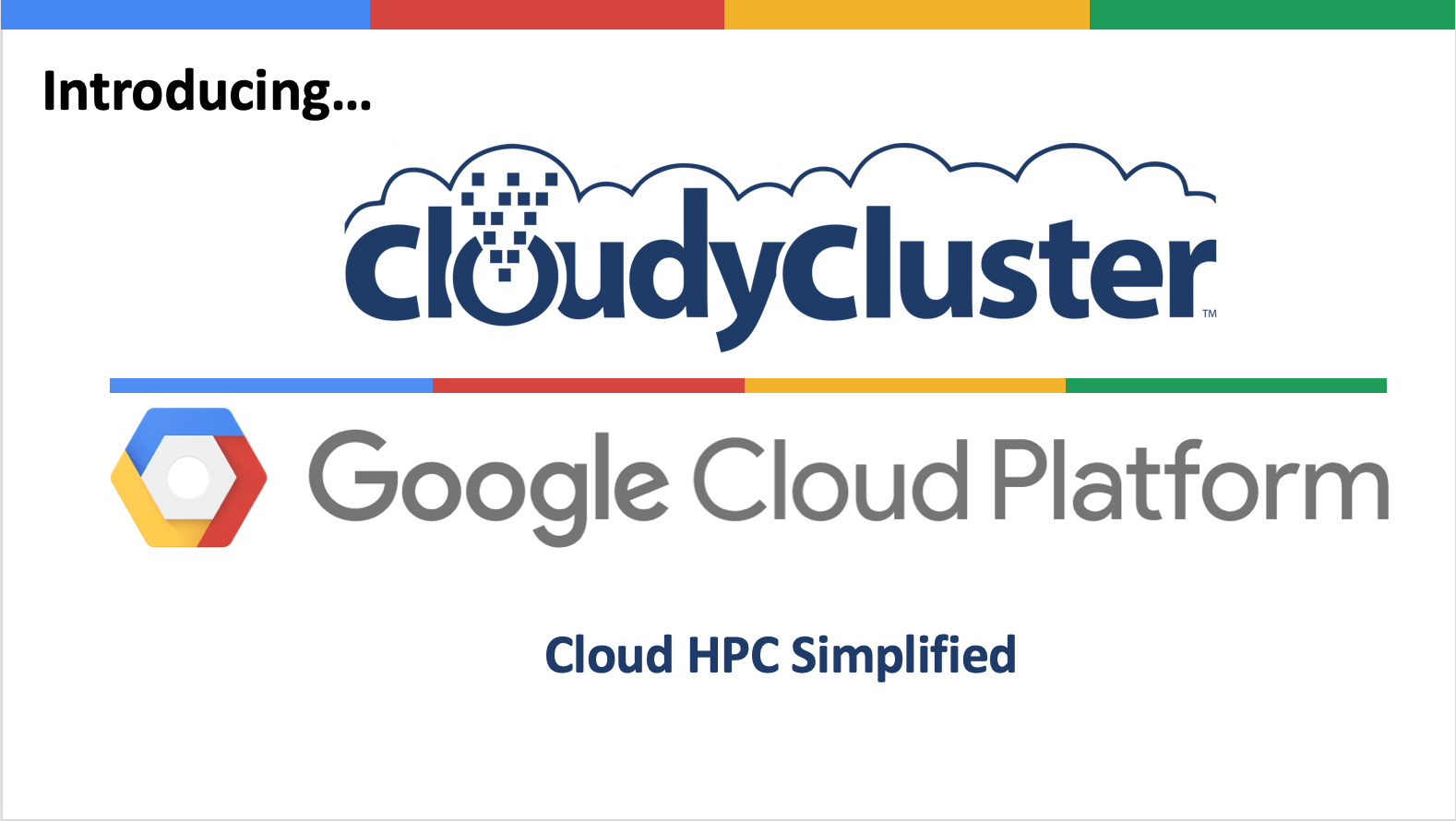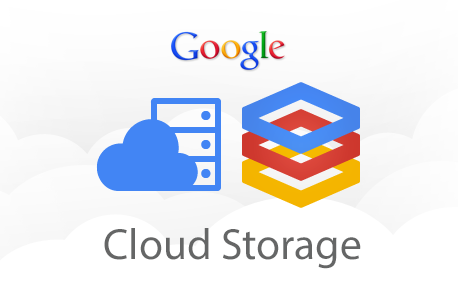The Cloudify Gateways solicitation was developed to help developers to enable their Science Gatways in the Google Cloud.
The 4 awardees of the SGCI, Google, CloudyCluster Cloudify Gateways solicitation have exciting projects that we are looking forward to working with through this program.
Here are the projects: Making the Open OnDemand Platform Cloud Deployable Principle Investigators:
Alan Chalker, Ohio Supercomputer Center David Hudak, Ohio Supercomputer Center Robert Settlage, Virginia Tech Robert DeLeon, University at Buffalo For more information on Open OnDemand visit openondemand.



